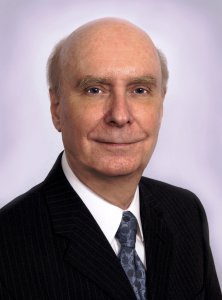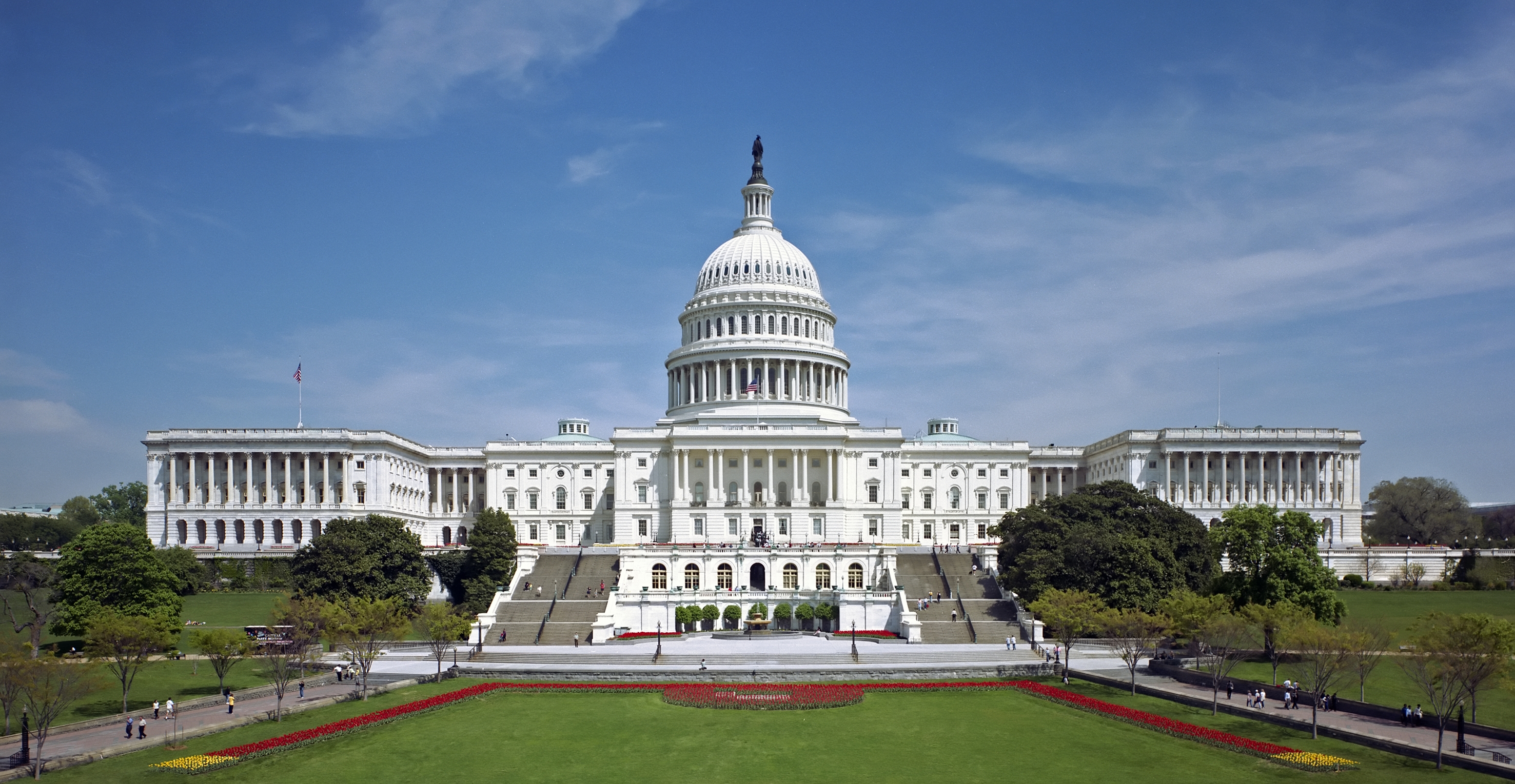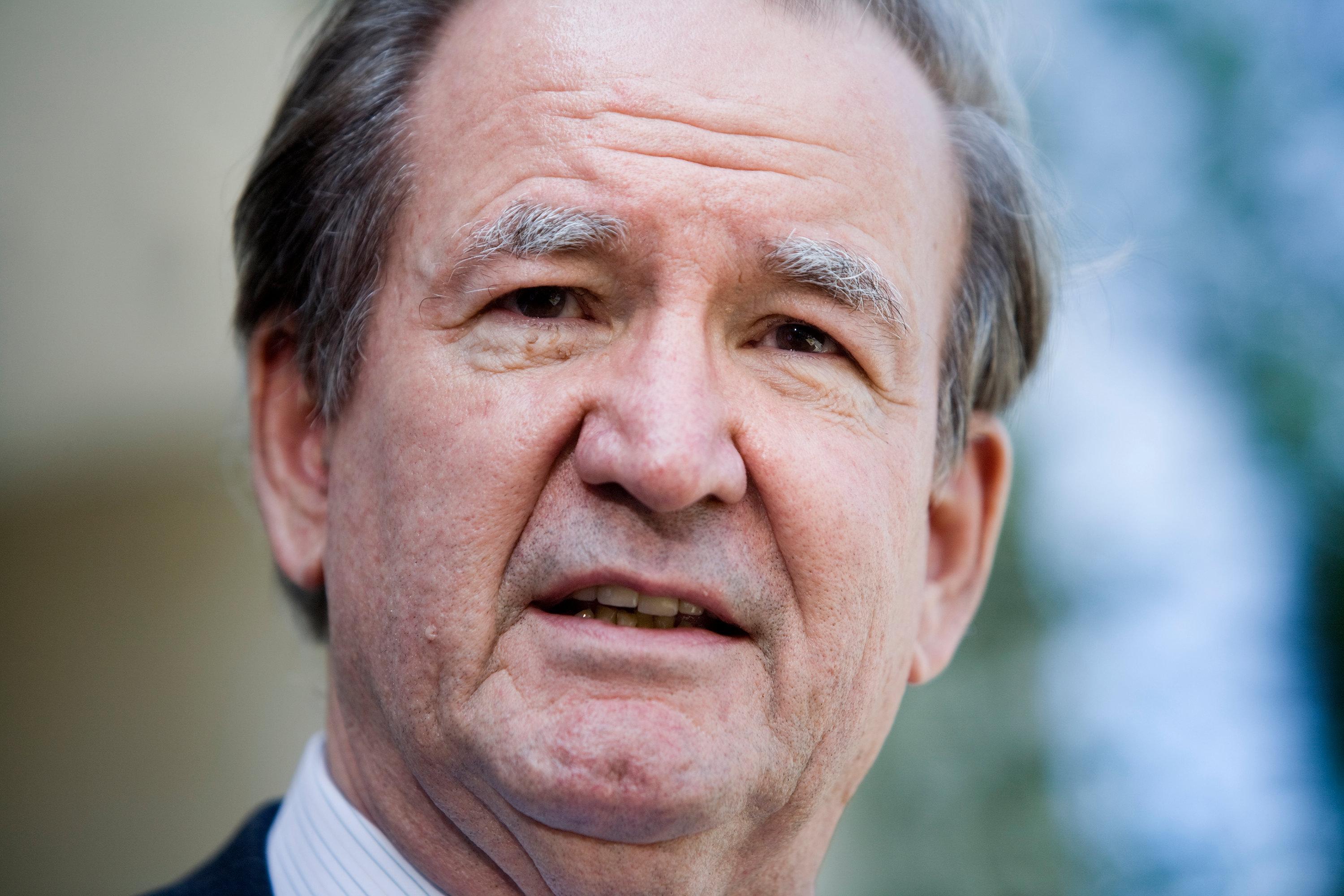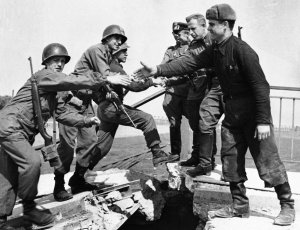
William Dunkerley
William Dunkerley is author of Ukraine in the Crosshairs. He is a media business analyst, principal of William Dunkerley Publishing Consultants, and a Senior Fellow at the American University in Moscow.
 A dark cloud of suspicion still hangs over a 2006 British murder mystery. The Litvinenko affair started as a London spy mystery. It made top headlines back in the day. Riveting allegations claimed Alexander Litvinenko died of polonium poisoning ordered by Russian president Vladimir Putin.
A dark cloud of suspicion still hangs over a 2006 British murder mystery. The Litvinenko affair started as a London spy mystery. It made top headlines back in the day. Riveting allegations claimed Alexander Litvinenko died of polonium poisoning ordered by Russian president Vladimir Putin.
Now almost ten years later, the mystery has evolved into a government political scandal. After years of false starts and inaction, an official inquiry was finally called in 2015. Getting to the bottom of things was its ostensible purpose.
Retired high court judge Sir Robert Owen chaired the proceedings. Prime Minister David Cameron put his weight behind Owen's undertaking. Owen released a final report of his findings on January 21, 2016. But instead of shedding light on what happened to Litvinenko, it only further confounded the issue. The report is replete with incertitude, and its findings are biased, flawed, and inconsistent.
Owen's report is so poorly done that it's worth considering whether Sir Robert himself should be accorded credibility. Instead of moving the long-drawn-out case toward justice, Owen just may have poisoned the chance that the truth will ever be known.
Owen had racked up an alarming record with his work, first as coroner and then as chairman of the official government inquiry. It suggests that he is a man on a mission, and perhaps not an honest one. While coroner, Owen said he had a "duty to undertake a full, fair, and fearless inquiry into the circumstances of Mr. Litvinenko's death." In actuality he followed quite a different path.
Just what circumstances did British law require him to investigate? They're not what you might expect. It may come as quite a surprise, but fingering a culprit in the killing is not among them. That wasn't his job. In fact British law explicitly forbids coroners from establishing criminal liability.
Owen should have been ruling on the manner and cause of death. That was his statutory responsibility. The manner of death could refer to something like: natural causes, accidental death, homicide, suicide, or undetermined (if there were no clear indications of the other manners of death). The cause of death tells what specifically killed the person. Examples include cardiac arrest, drowning, overdose, automobile collision, etc. Owen ignored that responsibility. He clearly had his own agenda. But what was his game?
Owen's rogue behavior got so out of hand that Home Secretary Theresa May actually reprimanded him and told him to focus on his legitimate duties. In my book Litvinenko Murder Case Solved I write about a July 2013 incident:
"Coroner Sir Robert Owen was taken to the woodshed by the British government. At issue is his conduct of the inquest into the death of Alexander Litvinenko. A reputed former KGB spy, Litvinenko died suspiciously in London in 2006.
"Owen's rebuke came as a result of the course he had charted for himself in investigating Litvinenko's death. The coroner's statutory responsibility, according to Home Secretary Theresa May, is to 'ascertain who the deceased was, and how, when, and where he came by his death.' But Owen was not focusing on those issues; he was not doing his job.
"Instead, Owen had been conducting a rogue criminal investigation, looking for Russian state involvement in the death. The late Boris Berezovsky, a fugitive Russian oligarch who was hiding out in London, had accused Russian president Vladimir Putin of culpability. He never presented any evidence, however. But Owen was apparently picking up where Berezovsky left off."
It's important to note that when reality-tested, Berezovsky's assertions typically can be proved absolutely false. They are sheer fabrications. My 2011 book titled The Phony Litvinenko Murder factually debunks the many unsupported allegations that have become the mainstream news story.
Continuing from Litvinenko Murder Case Solved:
"The Home Secretary reined in Owen, pointing out that he had overstepped his bounds. She stated that the law does not allow a coroner to determine criminal liability.
"Earlier news reports uncovered Owen's illicit criminal investigation. In response he concocted a scheme of deception. He wanted to transfer his coronial work to a different venue, one without the restrictions placed on coroners regarding openness and criminality. It was a clever strategy.
"But when Owen wrote to the government requesting the transfer, he misrepresented the circumstances of the case. He said, 'It is a highly exceptional situation when the victim of what appears to have been a murder is interviewed by police before he dies, and makes a public statement in which he names those whom he suspects of being responsible for his death…'
"However, the public record shows that Litvinenko made no such statement to the police. It is true that there was a written public statement accusing Putin that was attributed to Litvinenko. It was released after his death. But that document has been shown to be a fraud. The statement was a hoax, and the hoaxer has publically confessed."
Some wonder if he was really murdered. It's interesting that while media reports have persistently called Litvinenko's death a murder, the coroner had never ruled it to be a homicide. Owen didn't do his job. He failed in a primary responsibility.
Owen's scheme to transfer his work to a different venue was in fact a request to move the Litvinenko matter from coroner's court to a "Public Inquiry." Common sense says that this term means an inquiry that's out in the open. But in this case, the words are a tricky technical term. It's actually a misnomer. According to British law, a "Public" Inquiry really can be conducted behind closed doors in secrecy. There never was any intention that the Public Inquiry be completely transparent. The media reports about this give entirely the wrong impression.
Why did Owen so intently want to continue his witch hunt for Russian culpability? Was he somehow in cahoots with the Berezovsky crowd? I don't know. Did he have a personal reason to prolong the case? What might that be?
Until Owen was put on the Litvinenko case, he was facing mandatory retirement from the bench in September 2014. Extending his activities in the Litvinenko affair kept him on the government dole beyond that. Now, it looks like he might have been milking the Litvinenko case for all it's worth to his own personal benefit.
Perhaps the Home Secretary saw through Owen's ruse. She turned down his request for the Public Inquiry, asserting that his legal responsibilities could be fulfilled within the coronial process.
With that unequivocal news, Owen announced that he would comply. On December 18, 2014 he issued a formal ruling that removed the Russian culpability issue from the scope of his inquest. At that point the case seemingly went dormant. And at that very time there still was no determination of the manner and cause of death.
How did things get from there to the actual convening of an official Public Inquiry, the one just reported upon? In a word, it was politics. Politics at the highest level.
In mid-2014 David Cameron inserted himself into the proceedings. He exerted political pressure from the highest level, and completely reversed any legitimate course the case could take.
Why did he do that? Cameron took on a personal mission to hit Russia hard over the MH17 disaster. This came as part of the sanctions frenzy over Ukraine. The so-called Public Inquiry, although earlier ruled out by the Home Secretary, was now propelled to the forefront. Owen was finally allowed to continue his dedicated witch hunt adventure unfettered.
Earlier Home Secretary Theresa May had clearly expressed her wish that "...the normal legal process following a suspicious death should be permitted to run its course." But that was not to come. Cameron's intervention stopped the wheels of justice, and politically corrupted the case. It was a real setback.
A July 22, 2014 Reuters headline said, "Britain Does U-turn on Ex-KGB Agent Litvinenko Murder Inquiry." So now, against Theresa May's original recommendation, the coroner's work was transferred to a Public Inquiry where Owen could go hog-wild on his witch hunt for a Russian angle with great freedom and alacrity.
There's the answer to why Cameron got involved. He was joining in the Russia sanctions frenzy that had erupted over the MH17 tragedy. This was another way to poke Putin in the eye. July 22 coverage in The Week put it plainly, "Litvinenko Inquiry is Launched: Now There's a Coincidence!" Cameron denied the connection, but few experts bought his story. Cameron was denying the obvious.
So now here we are with the official results of Owen's witch hunt unwrapped. He asserts Russian culpability that probably traces back to Putin. But can Owen be believed? I don't know whether or not there is Russian culpability. What I do know that those who have been trying to convince us have resorted to fabrications and lies.
Ever since his days as coroner, Owen pursued not justice but justification for his preconceived notion of Russian culpability. On top of that there was Cameron's intrusion and politicization of the case.
The inquiry had a chance to cut through bias and misinformation and give the case an honest hearing. But it passed up that chance, only to wallow in the malicious mud slinging that has plagued the Litvinenko affair from the start. In the end all we have is an untrustworthy verdict sent to parliament by a discredited judge with blessing of a revenge-seeking prime minister.
The Public Inquiry and its official report have plainly made a mockery of justice. Shame on Owen. Shame on Cameron. What a scandal they themselves have produced. They championed a disrespect for the law and a willingness to substitute political pressure for the process of justice. It was a disgraceful performance. Who could be expected to reasonably trust the outcome?



_jpg/250px-ElbeDay1945_(NARA_ww2-121).jpg)










